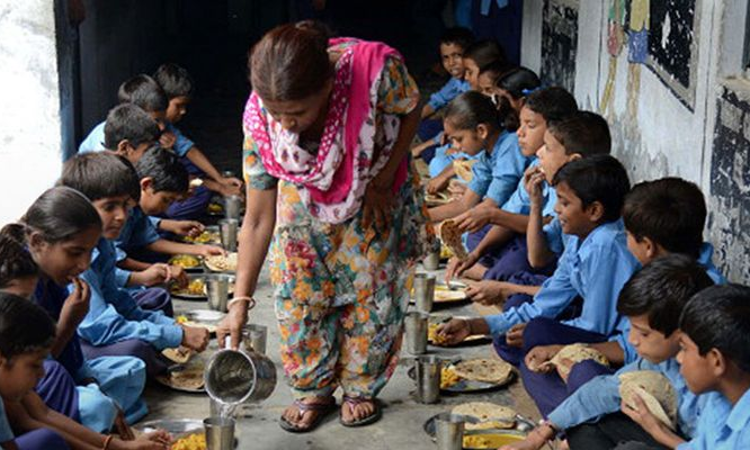Gujarat High Court Dismisses Plea Against Outsourcing Work & Administration Of 'Mid Day Meal' Scheme
PRIYANKA PREET
25 July 2022 10:30 AM IST

The scheme is aimed at providing nutritional support to children with participation from private players & NGOs.
Next Story


